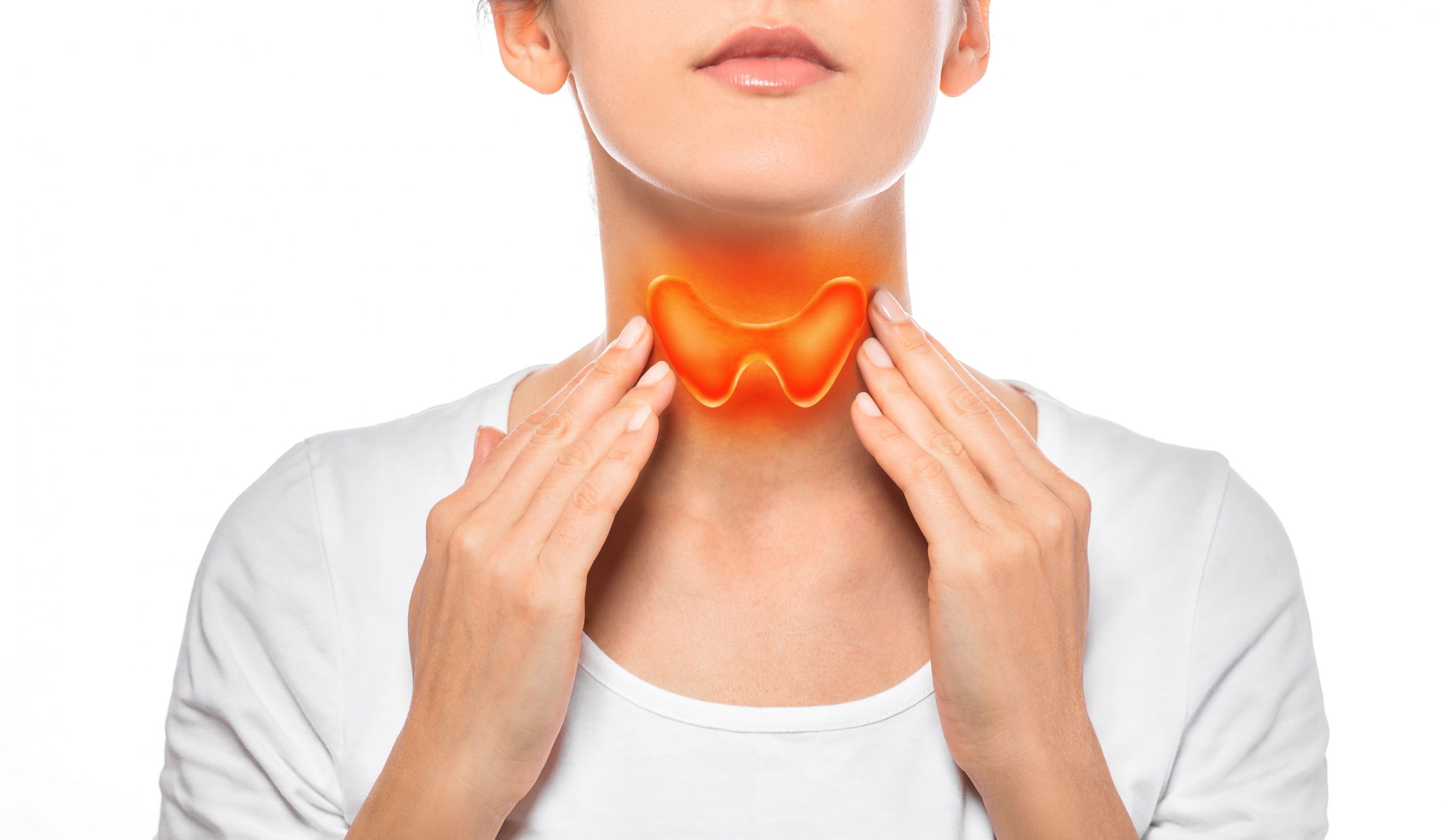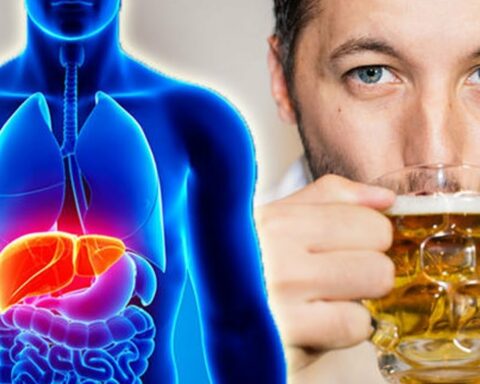Thyroid is an important endocrine gland in your body. It is responsible for the release of hormones that regulate cell metabolism and growth. Your lifestyle and other factors can negatively affect this gland leading to thyroid malfunction.
Common conditions of the thyroid, include hypothyroidism, hyperthyroidism, and thyroid tumor or cancer. Thyroid conditions are rare, but their prognosis is poor. For example, in the U.S, up to 7% of the entire population is affected with hypothyroidism, a condition characterized by inadequate production of thyroid hormones. Treatment of thyroid conditions usually involves the use of thyroid hormone replacement drugs, surgery, radiation therapy in case of thyroid cancer. Besides conventional remedies for thyroid problems, studies indicate that supplements may help treat specific thyroid conditions. However, some supplements may worsen the condition than anticipated. This article explores how supplements can help with thyroid conditions.
Supplements Suitable for General Thyroid Health
In many supplement stores dedicated to selling quality supplements, you will find a section set aside for thyroid health. Since thyroid conditions have currently been rising, some companies have started designing supplements that they claim can support thyroid health. While some of these products may benefit your health, certain brands may pose adverse side effects which may even interfere with your thyroid gland.
It is worth mentioning that some thyroid-specific supplements contain ingredients that may actually lead to a thyroid condition that didn’t exist in the first place. Before getting into that, it will help to know the key nutrients that your thyroid gland needs to function effectively. Here are some of them:
Iodine:
This is a critical nutrient for the function of the thyroid gland. Up to this date, what scientists know about iodine, is its support for the production of thyroid hormone. It is also contained in two hormones – triiodothyronine (T3) and thyroxine (T4). Without adequate iodine, you can easily develop thyroid disease.
Selenium:
Selenium is a mineral and an antioxidant needed for the production of thyroid hormone. It plays a role in protecting the thyroid gland from being damaged by oxidative stress. Your thyroid is highly loaded with selenium, and its deficiency can lead to thyroid disease.
Zinc:
Zinc is a mineral that is also needed for the production of thyroid hormone. Adequate and high amounts of zinc are important for the healthy maintenance of T3 and T4, as well as thyroid-stimulating hormone (TSH).
Iron:
Iron is essential for the conversion of T4 to T3, which is the active form of thyroid hormone. A deficiency of this key nutrient is associated with thyroid dysfunction.
Researchers also indicate that optimal thyroid function is reliant on other nutrients like vitamin A, vitamin E, and B vitamins. A deficiency in any of these nutrients can affect your thyroid health and increase your likelihood of developing thyroid disease. In many cases, eating foods rich in these nutrients is just enough to keep your thyroid healthy. However, there are some people who must supplement their diet with vitamins and minerals or other nutrients to maintain an optimal thyroid function. Such people include pregnant and breastfeeding women or those with thyroid conditions.
Are Thyroid-Specific Supplements Healthy?
Frankly, eating nutritious foods or following a nutrient-dense diet helps in keeping your thyroid healthy and maintaining its optimal function. Similarly, deficiency of key nutrients can lead to thyroid problems. That said, people who take a well-balanced diet rich in all nutrients have no need of taking thyroid-specific supplements. As a matter of fact, going for some of these supplements may just lead to thyroid issues in healthy people. For example, many marketed thyroid supplements are made with thyroid hormones and iodine and taking them when you are healthy, may cause severe side effects and lead to thyroid conditions. Plainly put, taking these supplements may increase the levels of thyroid hormones in your body and cause hyperthyroidism which can complicate other dangerous health problems. Furthermore, taking too much of supplemented iodine may cause hypothyroidism.
Those who have thyroid problems may as well be affected with specific thyroid supplements. This is because people with thyroid conditions have specific health needs in regard to their problem and taking these supplements claimed to support thyroid health may further affect their condition worsening their symptoms. For that reason, whether you have or don’t have a thyroid condition, it is wise to avoid supplements marketed for thyroid health. You can instead create a healthy plan with a healthcare practitioner to meet your specific health needs.
Supplements for Hashimoto’s Disease
Hashimoto’s is an autoimmune disorder in which your immune system attacks your thyroid, leading to scarring of the thyroid tissues. It usually presents with anemia, hair loss, weight gain, poor concentration, cold intolerance, and many more. The following are supplements that can help those with this disease:
Selenium:
Take 200 mcg of selenium every day. This will reduce thyroid antibodies and boost your mood.
Vitamin B12:
The deficiency of this vitamin is a common symptom of Hashimoto’s disease. Taking vitamin B12 supplements may help reduce the risk of its deficiency.
Myo-Inositol:
Optimal thyroid function is necessitated with a sugar called inositol. Those with Hashimoto’s disease may improve their thyroid function by taking 600 mg of this supplement and 83 mcg of selenium.
Iron:
People with Hashimoto’s disease also have an iron deficiency as a symptom. This can lead to anemia. You can restore iron levels by taking its supplements.
Supplements for Grave’s Disease
Grave’s disease is also an autoimmune disease of the thyroid characterized by excess production of thyroid hormones. People with it present with eye irritation, palpitations, shallow breaths, diarrhea, menstrual problems, insomnia, and many more. Taking the following supplements may help improve the quality of life in people with this disease.
Selenium:
Taking supplements of selenium can reduce your risk of Grave’s disease.
Vitamin D:
Since vitamin D deficiency is a symptom in some people with Grave’s disease, taking its supplements may help correct it.
Conclusion
The thyroid is a small gland playing a bigger role in your body. Conditions affecting it may lead to severe problems in the body, including hypothyroidism and hyperthyroidism. Healthy people, as well as those with thyroid problems, should avoid taking thyroid-specific supplements to prevent putting the thyroid at risk of complications.
- How Long Should You Bake a Boneless Chicken Breast? - April 19, 2024
- How HØJ Became the New High - June 10, 2023
- “Sahyog-Care for You”: Empowering Communities and Creating Lasting Change - June 10, 2023









